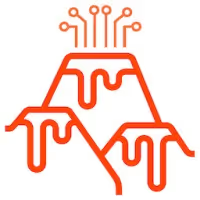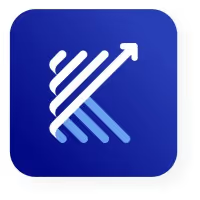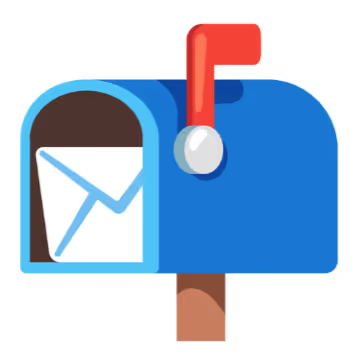What is AI personalization?
AI personalization uses smart algorithms to tailor content and experiences for individual users automatically.
What can AI personalization do?
It delivers customized product recommendations, personalized emails, and targeted website content to boost engagement.
How does AI personalization work?
It analyzes user data and behavior to predict preferences and adjusts content in real-time for each user.
Is AI personalization easy to set up?
Most AI personalization tools offer simple integrations and user-friendly setups, often requiring no coding skills.
Is AI personalization free?
Some tools offer free plans with basic features, but most advanced personalization features require paid subscriptions.
What is the common AI personalization pricing?
Pricing usually ranges from $20 to $200+ per month depending on features, users, and data volume.
What are the types of AI personalization?
Common types include product recommendations, content personalization, dynamic email campaigns, and chatbot interactions.
Does AI personalization work with email?
Yes, it customizes email content and subject lines to increase open rates and conversions.
What are the best AI personalization tools?
Popular tools include Dynamic Yield, Optimizely, Salesforce Interaction Studio, and Adobe Target.
What are common AI personalization integrations?
They typically integrate with CRMs, email platforms, analytics tools, ecommerce systems, and CMS platforms.



















































